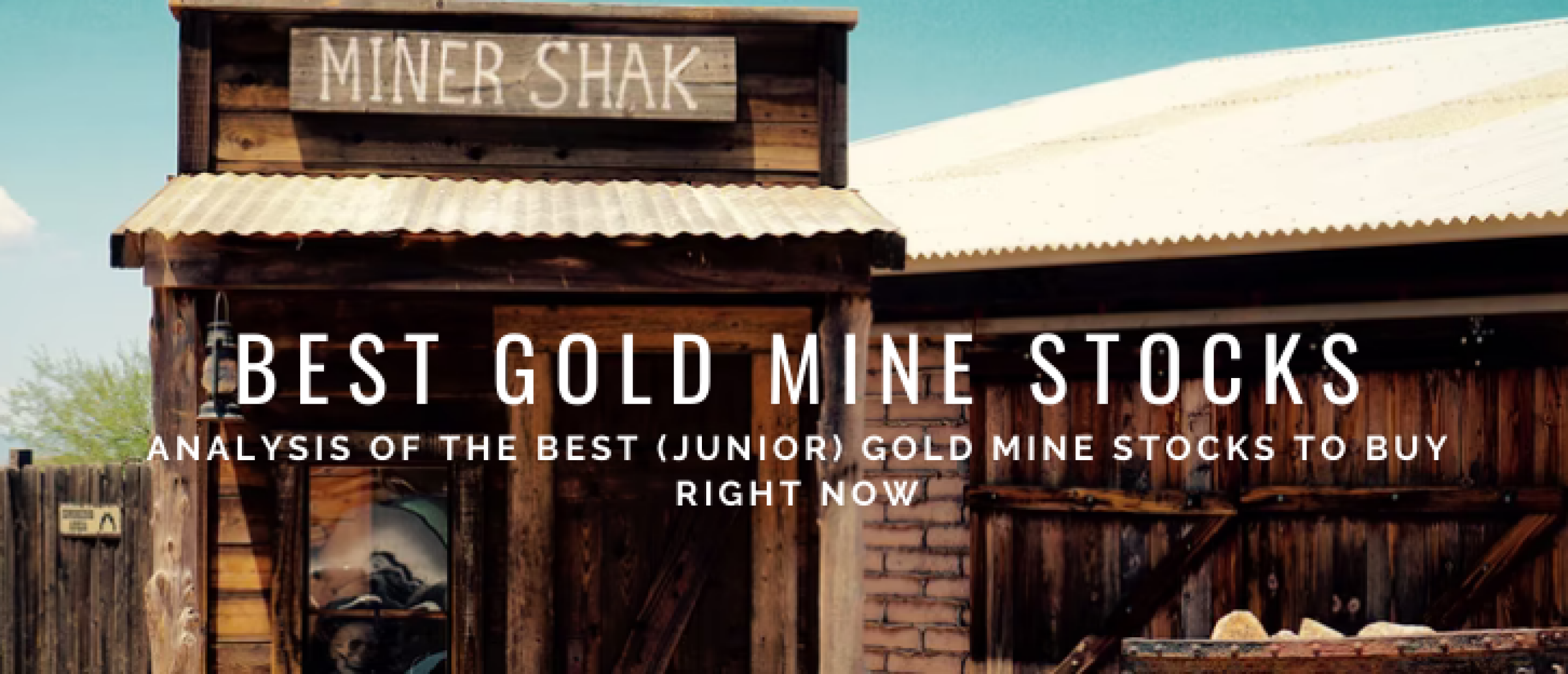Dear Happy Investor, in this article you will find an extensive ETF analysis regarding iShares Healthcare Innovation (HEAL). In the HEAL ETF analysis, we study the tracker based on multiple factors. From strategy to an analysis of the top 10 holdings of stock fund iShares Healthcare Innovation. Ultimately, the question is: is this a good ETF and for whom might it be suitable?
On to financial freedom!
ETF Analysis: Healthcare Innovation (HEAL)
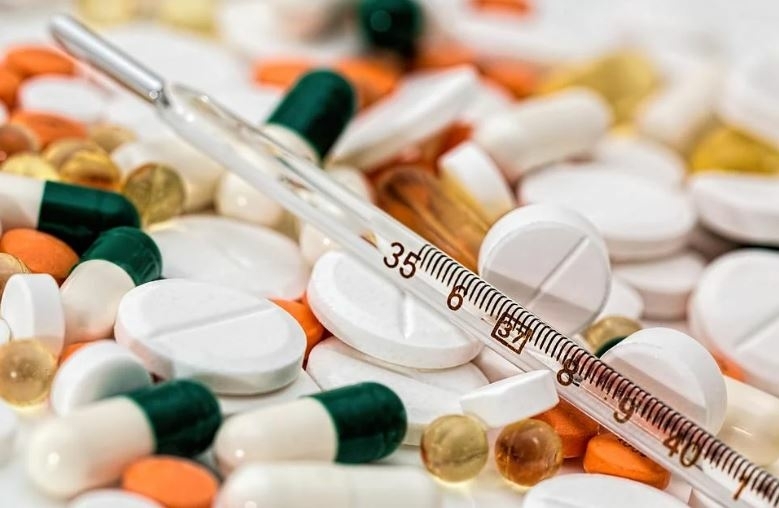
The iShares Healthcare Innovation ETF (HEAL) is an ETF of 190 stocks that focuses on companies that are heavily involved in the healthcare industry. It was created by BlackRock, Inc., which manages over $10 trillion in assets. HEAL invests in companies that are either developing new medicines or medical devices, providing services to the elderly population, or providing other healthcare-related services such as health insurance plans.
Strategy of Healthcare Innovation ETF
Its focus is on healthcare innovation, and it invests its assets in companies that are expected to benefit from advances in medical technology. It can invest in companies of any size, but generally focuses on small- and mid-cap companies. It avoids exposure to more mature pharmaceutical companies that aren’t engaged in enough technology development to be considered “innovative” by the fund’s methodology.
The focus on innovation helps the index to provide exposure to new technologies and trends in medical care, such as next-gen electronics, digital healthcare, and medical devices. The fund has a large-cap bias and invests nearly half of its assets into US companies.
Here are some important financials about our HEAL ETF analysis:
- Ticker: HEAL
- Annual return since inception: 9.36%
- Number of holdings: 190
- Total expense ratio: 0,40%
- P/E-ratio: 22.01
Pro’s and Con’s
Because it includes many different types of companies in the healthcare industry, this ETF is diverse for this sector. It has exposure to many different areas of the healthcare industry. This means that it will be less affected by negative events in one area of the industry than an ETF that only focuses on one sector. This ETF also provides more access to foreign markets than many other ETFs do.
This fund has only been around since 2017. It doesn't have a long track record of performance to draw on. Like any other sector-focused investment vehicle, this ETF has risks associated with investing in just one particular area. If the entire healthcare industry takes a downturn, this fund's value will take a hit as well. This fund can also be affected by political changes and regulatory uncertainty within the healthcare industry.
TOP 10 Stocks Analysis of Healthcare Innovation ETF (HEAL)
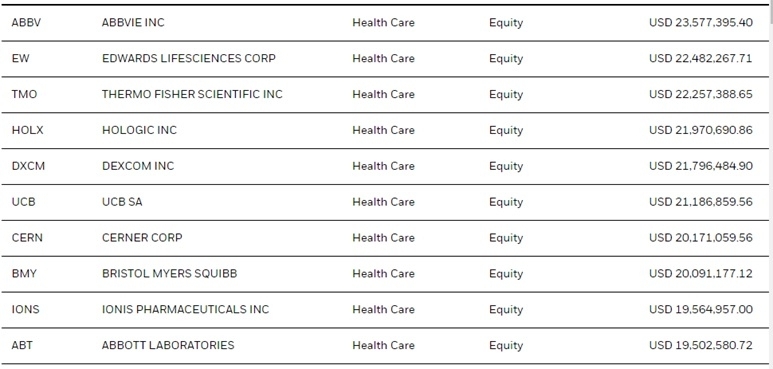 source: ishares.com
source: ishares.com
The top 10 holdings have a weight of 14.32% of the total ETF. The top 10 includes some strong companies that are good individual investments as well.
Abbvie Inc
AbbVie, Inc. is a biopharmaceutical multinational that specializes in immunology, oncology, neuroscience, eye care, virology, women's health, and gastroenterology, among other therapeutic areas. The company was created on October 19, 2011 in North Chicago, Illinois, and is headquartered there. In the last 12 months, AbbVie's lowest stock price was $105.56 and its highest was $175.91, with a market valuation of $276.78 billion. AbbVie's stock is currently undervalued, according to Wall Street analysts.
Edwards Lifesciences Corp
Edwards Lifesciences Corp. is a medical technology firm based in California that focuses in structural heart disease, critical care, and surgical monitoring. It was founded in 1958. Transcatheter Aortic Valve Replacements, Transcatheter Mitral and Tricuspid Therapies, and Surgical Structural Heart and Critical Care are the three segments covered. In the last 12 months, Edwards Lifesciences' stock price has ranged from $87.32 to $131.73. The market capitalization of Edwards Lifesciences is $78.04 billion dollars. Edwards Lifesciences' stock is now undervalued, according to Wall Street experts.
Thermo Fisher Scientific Inc
Analytical instruments, equipment, reagents and consumables, software, and services are provided by Thermo Fisher Scientific, Inc. for research, analysis, discovery, and diagnosis. Life Sciences Solutions, Analytical Instruments, Specialty Diagnostics, and Laboratory Products and Services are the segments through which the company works. The corporation was established on October 11, 1960, and is based in Waltham, Massachusetts. In the last 12 months, Thermo Fisher's stock price has ranged from $438.72 to $672.34. Thermo Fisher has a market capitalization of $227.20 billion dollars. Thermo Fisher's stock is currently undervalued, according to Wall Street analysts.
Hologic Inc
Hologic, Inc. specializes in the research, manufacture, and distribution of diagnostics, medical imaging systems, and surgical equipment for women's healthcare. Breast Health, Diagnostics, Medical Aesthetics, GYN Surgical, and Skeletal Health are the company's business segments. S. David Ellenbogen and Jay A. Stein formed the company in 1986, and it is based in Marlborough. In the last 12 months, Hologic's stock price has ranged from $60.10 to $81.04. Hologic has a market capitalization of $19.27 billion dollars. Hologic's stock is currently undervalued, according to Wall Street analysts.
Dexcom Inc
California-based DexCom, Inc. is a manufacturer of medical devices. Continuous glucose monitoring (CGM) devices for ambulatory use by persons with diabetes are designed, developed, and commercialized by the firm. DexCom G4 PLATINUM System, DexCom G5 Mobil, DexCom G6, and DexCom Share are some of the company's products. In the last 12 months, Dexcom's stock price has ranged from $318.45 to $659.45. The market capitalization of Dexcom is $46.36 billion dollars. Dexcom's stock is currently undervalued, according to Wall Street analysts.
Ucb Sa
UCB is a biopharmaceutical company established in Belgium that focuses on developing new treatments for the treatment of central nervous system and immunologic illnesses. Zyrtec, an allergy treatment, and Keppra, an epileptic drug, used to generate money, but both have lost their patent protection. Cimzia (immunology), Vimpat (epilepsy), Neupro (Parkinson's disease and restless leg syndrome), Briviact (epilepsy), Evenity (osteoporosis), and Nayzilam (osteoporosis) are the company's main products (cluster seizures). In the last 12 months, UCB SA's lowest stock price was $93.00 and its best was $122.90. The market capitalization of UCB SA is $22.89 billion dollars. UCB SA's stock is now overvalued, according to Wall Street experts.
Cerner Corp
Cerner Corp., established in Missouri, has been providing healthcare information technology solutions and tech-enabled services since 1979. To assist handle day-to-day revenue functions, the firm offers an integrated clinical and financial system, as well as a variety of services to support clinical, financial, and operational needs. In the last 12 months, Cerner's stock price has ranged from $69.08 to $93.87. Cerner has a market capitalization of $27.44 billion dollars. Cerner's stock is now undervalued, according to Wall Street analysts.
Bristol Myers Squibb
Bristol-Myers Squibb Co., located in New York, is a multinational pharmaceutical firm that develops, licences, manufactures, distributes, and sells biopharmaceutical medicines in a variety of therapeutic areas. Cancer, HIV/AIDS, heart disease, diabetes, hepatitis, rheumatoid arthritis, and psychological problems are among them. In the last 12 months, Bristol Myers' stock price has ranged from $53.22 to $78.13. Bristol Myers has a market capitalization of $164.83 billion dollars. Bristol Myers' stock is now overvalued, according to Wall Street analysts.
Ionis Pharmaceuticals Inc
Ionis Pharmaceuticals, Inc. specializes in the discovery and marketing of antisense-based human medicinal medicines. It is divided into two segments: Ionis Core and Akcea Therapeutics. The Ionis Core division creates a drug pipeline by utilizing a unique drug discovery platform. The Akcea Therapeutics sector is responsible for the development and commercialization of medications to treat cardiometabolic illnesses. Stanley T. Crooke, David J. Ecker, Christopher K. Mirabelli, and Brett P. Monia started the firm in 1989, and it is based in Carlsbad, California. In the last 12 months, Ionis Pharmaceuticals' stock price has ranged from $25.04 to $44.10. The market capitalization of Ionis Pharmaceuticals is $6.10 billion dollars. Ionis Pharmaceuticals' stock is now undervalued, according to Wall Street analysts.
Abbott Laboratories
Abbott Laboratories manufactures a wide range of healthcare goods. Established Pharmaceutical Goods Worldwide (which covers international sales of branded generic pharmaceutical products), Nutritional Products, and Other Products are the four reportable sectors. Medical Devices and Diagnostic Products Wallace Calvin Abbott started the corporation in 1888, and it is based in Abbott Park, Illinois. In the last 12 months, Abbott Labs' stock price has ranged from $105.36 to $142.60. Abbott Labs has a market capitalization of $217.56 billion dollars. Abbott Labs' stock is now undervalued, according to Wall Street analysts.
Is the iShares Healthcare Innovation ETF under- or overvalued
Out of these top 10 stock holdings, 8 stocks are still undervalued indicated they can be purchased for less than its intrinsic value. The Healthcare Innovation (HEAL) ETF is undervalued. The fund has a weighted average price/earnings ratio of 22.01, which is lower than the average P/E ratio of the S&P 500. It also has a weighted average price-to-book ratio of 4.20, which is also lower than the average price-to-book ratio of the S&P 500.
The relative underperformance of HEAL is largely due to the fact that it holds few large-cap companies. Despite these facts, HEAL is still an attractive investment opportunity for many investors who are interested in gaining exposure to healthcare technology companies that have solid long-term growth potential. So after Healthcare Innovation ETF analysis, we believe that this ETF is extremely undervalued and is expected to go higher in future.
Is this investment fund diversified?
One of the most important questions you should be asking yourself when researching an ETF is whether or not it is diversified. A fund that is diversified will likely have a much lower risk than one that is not, and it will also likely bounce back faster from a dip in the market.
The Healthcare Innovation (HEAL) ETF is a diversified, passively managed fund that invests in healthcare companies. It has $1.48 billion invested in the fund and is pretty nicely diversified. The top 10 holdings in the fund all make up less than 15% of the portfolio each, so this isn't some kind of weird "biotechnology" ETF that's just a bunch of high-risk biotech stocks. They've also got some decent holdings in telemedicine, which we could see being a huge growth area over the next few years.
Risks and Returns of Healthcare Innovation (HEAL)
Of course, a themed ETF has specific risks. Below we go over the risk and return expectations.
Risks of Healthcare Innovation (HEAL): what to consider?
While HEAL's performance has been impressive in recent years, it's worth noting that mid-cap and small-cap stocks have been some of the biggest beneficiaries of this bull market. And while those stocks have delivered excellent returns since 2018, they're also more volatile than large-cap stocks and are more likely to be affected by market downturns. That's why it's always important when considering an ETF like HEAL to keep in mind how much risk you're willing to take with your portfolio.
The fund is almost entirely invested in biotech companies, which are inherently risky. The market is extremely volatile: even if you're betting on the right drug, if it fails in clinical trials or gets turned down by the FDA, it's not just that stock that's going to take a tumble—the whole sector will likely suffer.
Potential annual return of Healthcare Innovation (HEAL)
The following is a price forecast by Wallet Investor for the Healthcare Innovation (HEAL) ETF. HEAL currently trades at $8.09 and has a total market cap of $1.48 Billion. Since it is above the upper Bollinger band, we expect the price to decrease in the near term. iShares Healthcare Innovation ETF price may drop from $8.09 to $6.63. The change will be -18.04%.
Based on our Health Innovation ETF analysis, we believe that this fund may be worth holding for long-term investors.
Where to buy ETF’s?
It is important to choose the best investment platforms. They offer a wide range of ETFs so that you can build a good portfolio. They also have low transaction costs. Some even offer commission-free investing. In the long run, this saves a lot of costs.
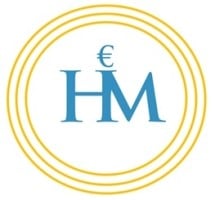


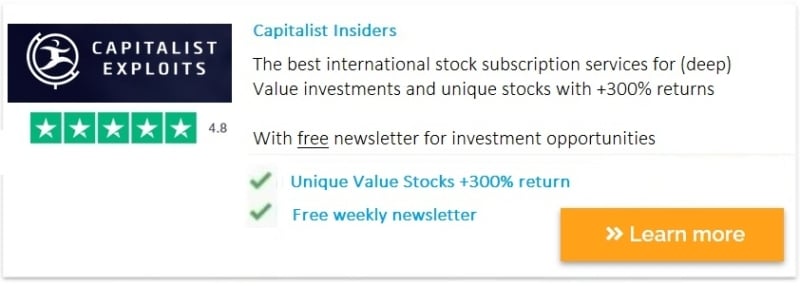
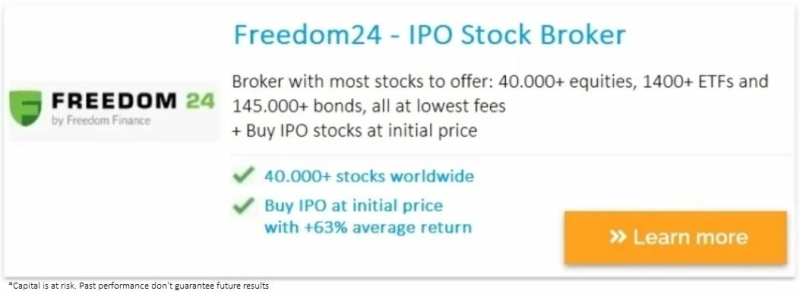
![10x Best Real Estate Stocks [2022] Short Term Value Companies](https://media-01.imu.nl/storage/thehappyinvestors.com/4861/best-real-estate-stocks-2560x1100.png)

![8x Best ETFs eToro to Buy [2022] Higher Yield, Lower Risk](https://media-01.imu.nl/storage/thehappyinvestors.com/4861/best-etf-etoro-2560x1100.png)
